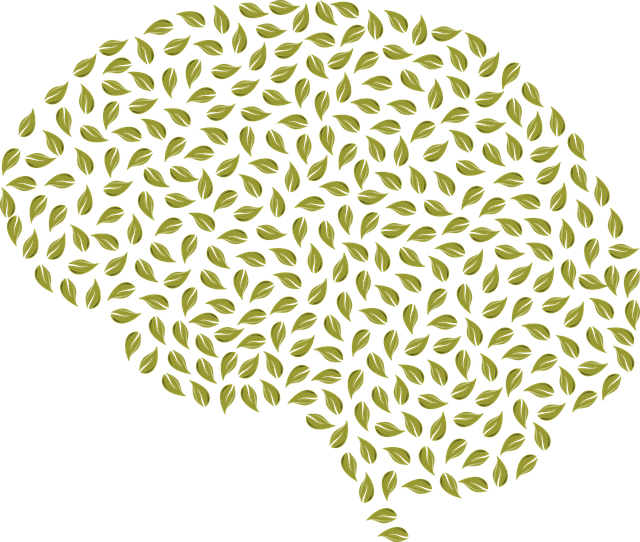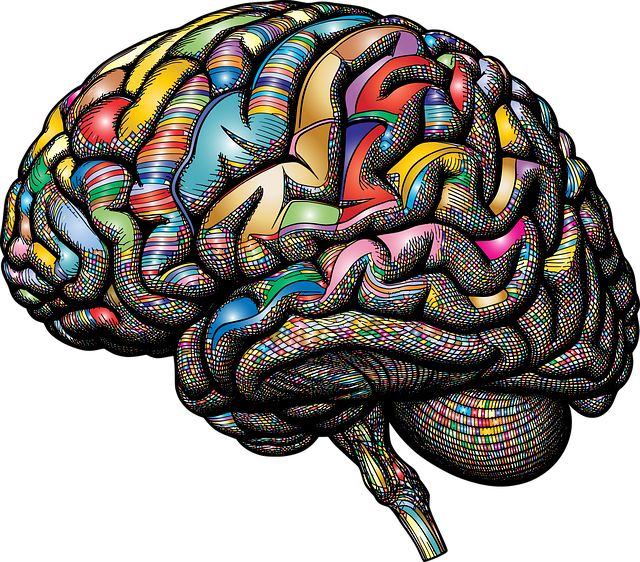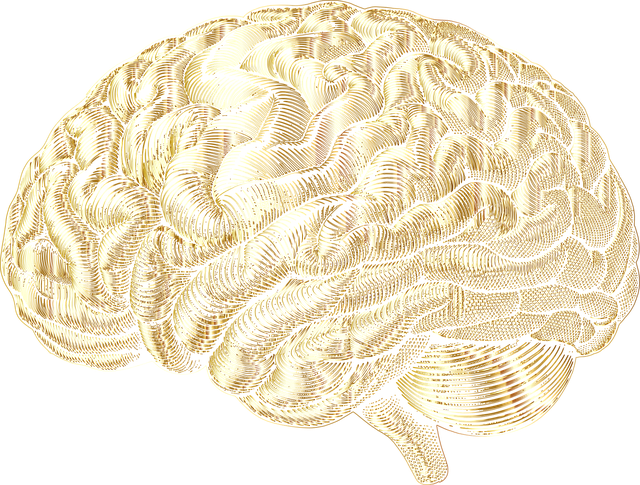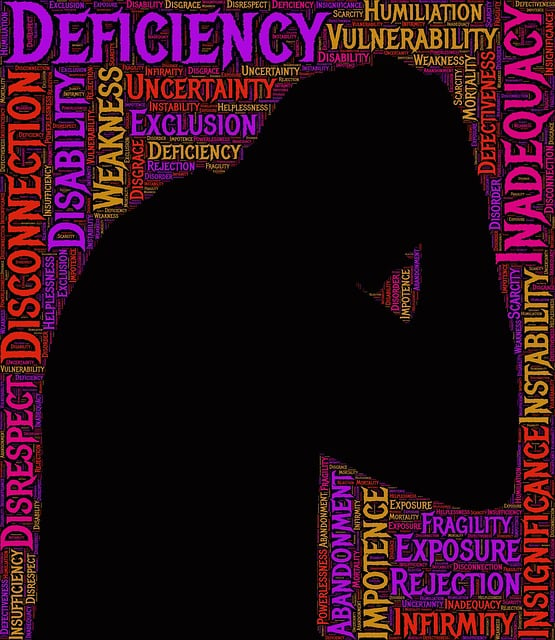Mental health policy analysis and advocacy are vital for creating a supportive society, especially in promoting access to evidence-based therapies like Northglenn EMDR Therapy for PTSD, anxiety, and depression. Despite global progress integrating effective therapies into public healthcare systems, disparities exist, with urban areas generally offering better access than underserved communities. To improve outcomes, policymakers must prioritize funding, professional training, and enhance communication strategies. Advocacy in Northglenn focuses on community outreach programs and open dialogue to reduce stigma and promote Northglenn EMDR Therapy services.
In the pursuit of optimal mental health care, this comprehensive analysis delves into the intricate landscape of policy and its profound impact on accessibility. We explore the unique perspective of Northglenn EMDR Therapy, a pioneering approach, to gain insights into effective treatment methods. The study critically examines current policies, revealing their influence on patient outcomes in Northglenn. Furthermore, it presents advocacy strategies aimed at enhancing mental health services, ensuring equitable access to life-changing treatments like Northglenn EMDR Therapy.
- Understanding Mental Health Policy: The Northglenn EMDR Therapy Perspective
- Analysis of Current Policies and Their Impact on Access to Treatment
- Advocacy Strategies for Improving Mental Health Services in Northglenn
Understanding Mental Health Policy: The Northglenn EMDR Therapy Perspective

Mental Health Policy analysis and advocacy play a pivotal role in shaping society’s understanding and support for individuals grappling with mental health challenges. At Northglenn EMDR Therapy, we believe that effective policy changes are essential to ensuring access to quality care, like Eye Movement Desensitization and Reprocessing (EMDR) therapy. EMDR is an evidence-based approach proven successful in treating trauma and offering hope to those who have struggled with conditions such as PTSD, anxiety, and depression.
Policy makers can foster a more supportive environment by implementing strategies that improve access to specialized mental health services like EMDR. Effective communication strategies, including raising awareness about the benefits of therapies like EMDR, are key. Furthermore, trauma support services should be integrated into existing healthcare systems to ensure individuals receive comprehensive and compassionate care tailored to their unique needs.
Analysis of Current Policies and Their Impact on Access to Treatment

The current landscape of mental health policy varies widely across regions, with implications for access to treatment, particularly in areas like Northglenn where specialized services are needed. An analysis of these policies reveals a mix of progress and gaps. For instance, many countries have made strides in integrating EMDR (Eye Movement Desensitization and Reprocessing) therapy, recognized as an effective approach for treating trauma, into public healthcare systems. However, the availability of such advanced techniques can be spotty, with urban areas generally outpacing rural or underserved regions.
Barriers to access often stem from inadequate funding, a shortage of trained professionals, and inefficient communication strategies within healthcare networks. To address these issues, policymakers must prioritize mental wellness initiatives, ensuring that evidence-based practices like EMDR therapy are readily available. Encouraging self-awareness exercises and mental wellness journaling can also complement professional treatments, but only if patients have the necessary resources and guidance to engage effectively.
Advocacy Strategies for Improving Mental Health Services in Northglenn

In Northglenn, advocacy efforts for mental health service improvement are crucial, particularly focusing on innovative treatments like EMDR Therapy to address trauma and anxiety disorders. One key strategy involves community outreach program implementation, aiming to raise awareness about mental health issues and reduce stigma. By organizing informational sessions, workshops, and collaborative events with local organizations, residents can be better equipped with knowledge and resources to support their own well-being and that of their neighbors.
Effective communication strategies are also vital for advocacy success. Engaging in open dialogue between mental health professionals, policymakers, and the community allows for a deeper understanding of unique needs within Northglenn. This includes leveraging social media, local news outlets, and direct messaging to spread awareness about available services, such as EMDR Therapy, and to highlight success stories that can inspire others to seek help. These communication efforts, in conjunction with Community Outreach Program Implementation, have the potential to foster a more supportive environment for mental health advocacy in Northglenn.
Mental health policy analysis reveals significant gaps in access to treatment, particularly in Northglenn. The Northglenn EMDR Therapy perspective highlights the need for innovative approaches like EMDR to address these issues. By analyzing current policies and their impact, we can identify effective advocacy strategies to improve mental health services locally. It’s crucial to foster collaboration between therapists, policymakers, and community leaders to ensure everyone in Northglenn has access to quality, accessible mental healthcare.












